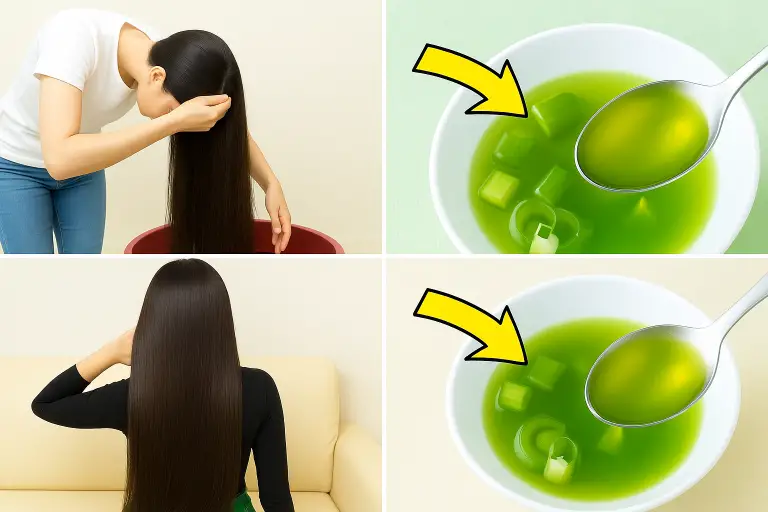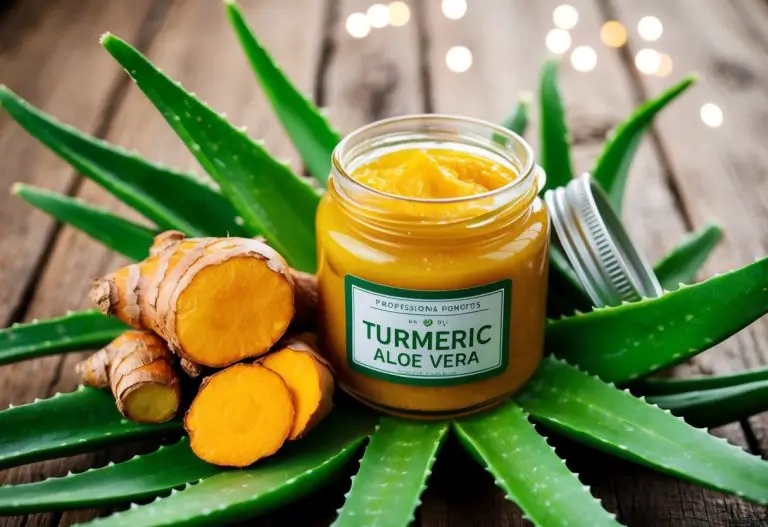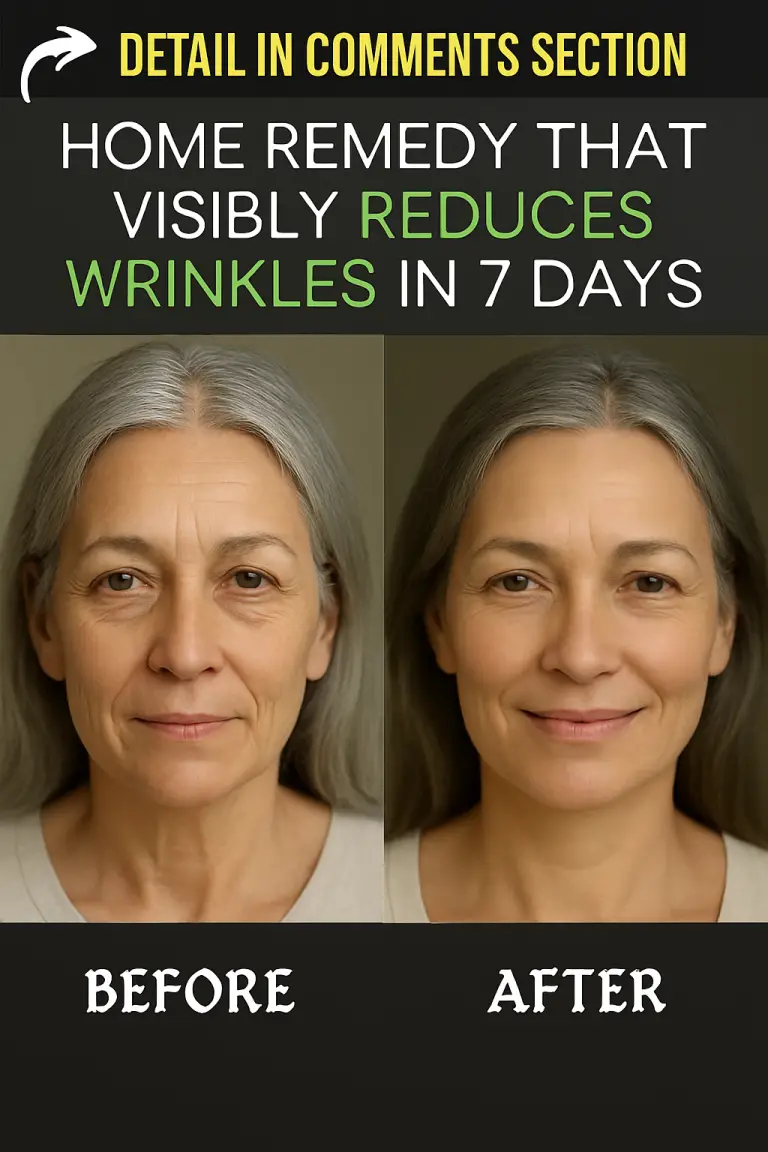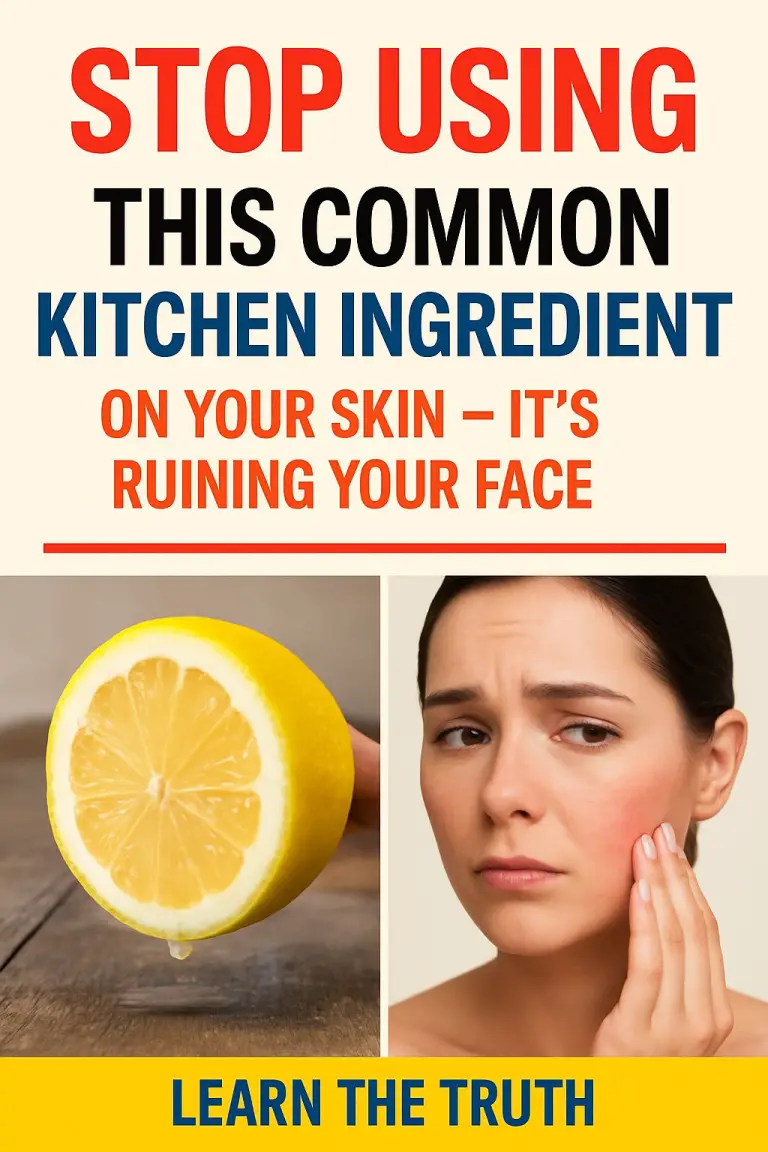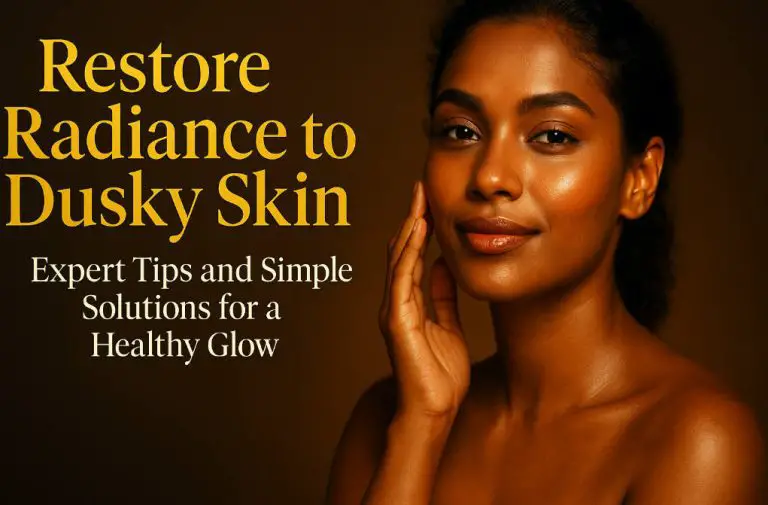How To Remove Dark Spots: 8 Effective Remedies That Actually Work

Struggling With Dark Spots? You’re Not Alone
Let’s face it—dark spots (also called hyperpigmentation) are one of the most frustrating skin concerns. They can pop up from acne scars, sun damage, hormonal changes, or even just natural aging. And once they’re there, they feel so stubborn.
I remember noticing my first cluster of dark spots after a summer when I barely wore sunscreen. My skin tone looked uneven, makeup didn’t sit the same, and I felt self-conscious. If you’re nodding right now, trust me—I get it.
The good news? You don’t need to spend a fortune at the dermatologist’s office right away. There are proven natural remedies and clinical treatments you can try at home (or in a skincare clinic) that actually help fade dark spots and brighten your complexion.
Ready to take control of your skin? Let’s dive in.
1. Aloe Vera Gel: Nature’s Brightener
Why Aloe Vera Works
Aloe vera contains aloesin, a compound that helps slow down excess melanin production. Translation? Fewer dark patches over time.
How To Use It
- Scoop fresh aloe vera gel from a leaf (or use organic store-bought).
- Apply directly to dark spots.
- Leave for 20–30 minutes, then rinse.
Pro tip: Do this daily. It’s gentle enough for regular use and works well on sensitive skin.
2. Vitamin C Serum: The Glow Booster
Why Vitamin C Is A Must
Vitamin C is an antioxidant powerhouse that fights free radicals and boosts collagen production. Most importantly, it helps fade pigmentation and leaves skin visibly brighter.
How To Apply
- Use a Vitamin C serum (10–20% concentration works best).
- Apply in the morning after cleansing.
- Follow with moisturizer + sunscreen.
FYI: Don’t skip sunscreen—Vitamin C works better when paired with SPF.
3. Lemon Juice: Natural, But With Caution
Why People Love It
Lemon juice is rich in citric acid, which acts as a natural bleaching agent. It can lighten dark spots if used carefully.
How To Use Safely
- Dilute lemon juice with water (1:1 ratio).
- Apply only on dark spots with a cotton ball.
- Rinse after 10 minutes.
⚠️ Warning: Lemon juice can make your skin photosensitive. Always apply sunscreen afterward, or use it only at night.
4. Green Tea Extract: Calm & Correct
The Science Behind It
Studies show that green tea polyphenols help reduce pigmentation. It’s soothing and reduces inflammation too.
Two Ways To Use It
- Drink daily: Your skin benefits from antioxidants internally.
- Topical: Dab cooled green tea onto dark spots with cotton.
It’s not a “miracle overnight fix,” but consistent use makes skin tone more even.
5. Retinoids: The Dermatologist Favorite
Why Retinoids Work
Retinoids (Vitamin A derivatives) speed up cell turnover. That means old, pigmented cells shed faster, and fresher, lighter skin replaces them.
How To Use Retinoids
- Start with an over-the-counter retinol cream.
- Apply a pea-sized amount at night, 2–3 times a week.
- Increase frequency as your skin adjusts.
Note: If you want stronger results, dermatologists can prescribe tretinoin.
6. Microdermabrasion: The Clinic Approach
What Is Microdermabrasion?
This is the treatment you saw in the infographic. A dermatologist uses a silver tool with a diamond tip to gently exfoliate your skin. It removes the outer layer of dead, pigmented skin cells.
Benefits
- Immediate smoother skin.
- Lightens dark spots with repeated sessions.
- Non-invasive and quick (lunchtime procedure).
If you’re serious about professional results, this is a go-to option.
7. Apple Cider Vinegar: Natural Acid Peel
Why It Helps
ACV contains acetic acid, known for its mild peeling effect. Over time, it can lighten pigmentation.
How To Apply
- Mix 1 part ACV with 2 parts water.
- Dab on dark spots with cotton.
- Leave for 2–3 minutes, then rinse.
Tip: Use only a few times a week—overuse may irritate skin.
8. Sunscreen: The Real MVP
Okay, friend—here’s the truth: none of the remedies above will work if you skip sunscreen.
Why SPF Matters
Dark spots are caused (and worsened) by UV rays. Even on cloudy days, sun exposure triggers melanin production. That’s why dermatologists call sunscreen the #1 anti-aging product.
How To Use It Right
- Apply SPF 30+ every morning.
- Reapply every 2–3 hours if you’re outside.
- Choose broad-spectrum (UVA + UVB protection).
Remember: Sunscreen doesn’t just prevent new spots—it also stops old ones from getting darker.
Lifestyle Hacks To Prevent Dark Spots
- Stay Hydrated: Plump skin heals faster.
- Eat Antioxidant-Rich Foods: Blueberries, nuts, leafy greens.
- Sleep Well: Skin regenerates overnight.
- Avoid Picking Pimples: It leaves scars and dark spots.
- Manage Hormones: Sometimes spots are linked to PCOS or thyroid issues—worth checking with your doctor.
Wrapping It Up: Your Roadmap To Clearer Skin
So there you have it—eight effective ways to remove dark spots naturally and clinically. From gentle aloe vera masks to dermatologist-approved microdermabrasion, the options are endless.
Here’s the deal though: consistency is everything. Dark spots didn’t appear overnight, and they won’t vanish overnight either. But with steady care, you will see progress.
And hey—don’t let a few dark spots steal your confidence. Skin tells the story of your journey. With the right care, you can rewrite that story into one that glows. 🌸

